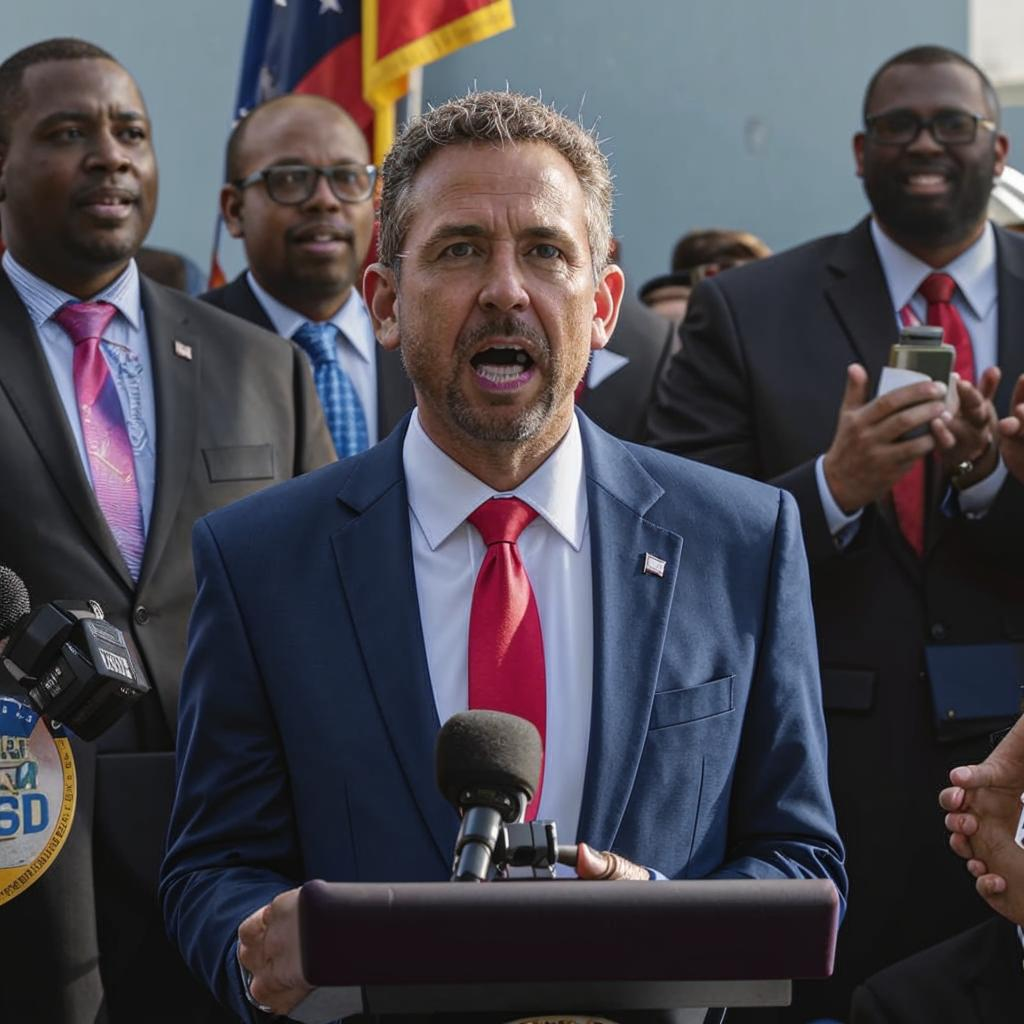The rising cost of healthcare is creating a significant affordability crisis for many Americans. A growing number of people are struggling to afford necessary medical treatments and prescription drugs. This situation forces difficult choices between health and essential needs. Studies reveal a substantial portion of the population delays or forgoes healthcare due to cost.
Several factors contribute to this problem. Pharmaceutical companies’ pricing strategies, complex insurance plans, and a lack of robust government regulation play a role. Many individuals are forced to ration medications, seek alternatives in other countries, or simply go without treatment.
This crisis particularly impacts vulnerable populations, including low-income families, seniors, and those with chronic illnesses. Experts advocate for immediate action to address the issue. Proposed solutions include greater transparency in drug pricing, government negotiation of drug costs, and the promotion of affordable generic medications. Without intervention, the consequences for public health will be severe. Patient groups are actively campaigning for change, emphasizing the human impact of unaffordable healthcare. The discussion surrounding healthcare affordability intensifies as stakeholders search for long-term solutions.















